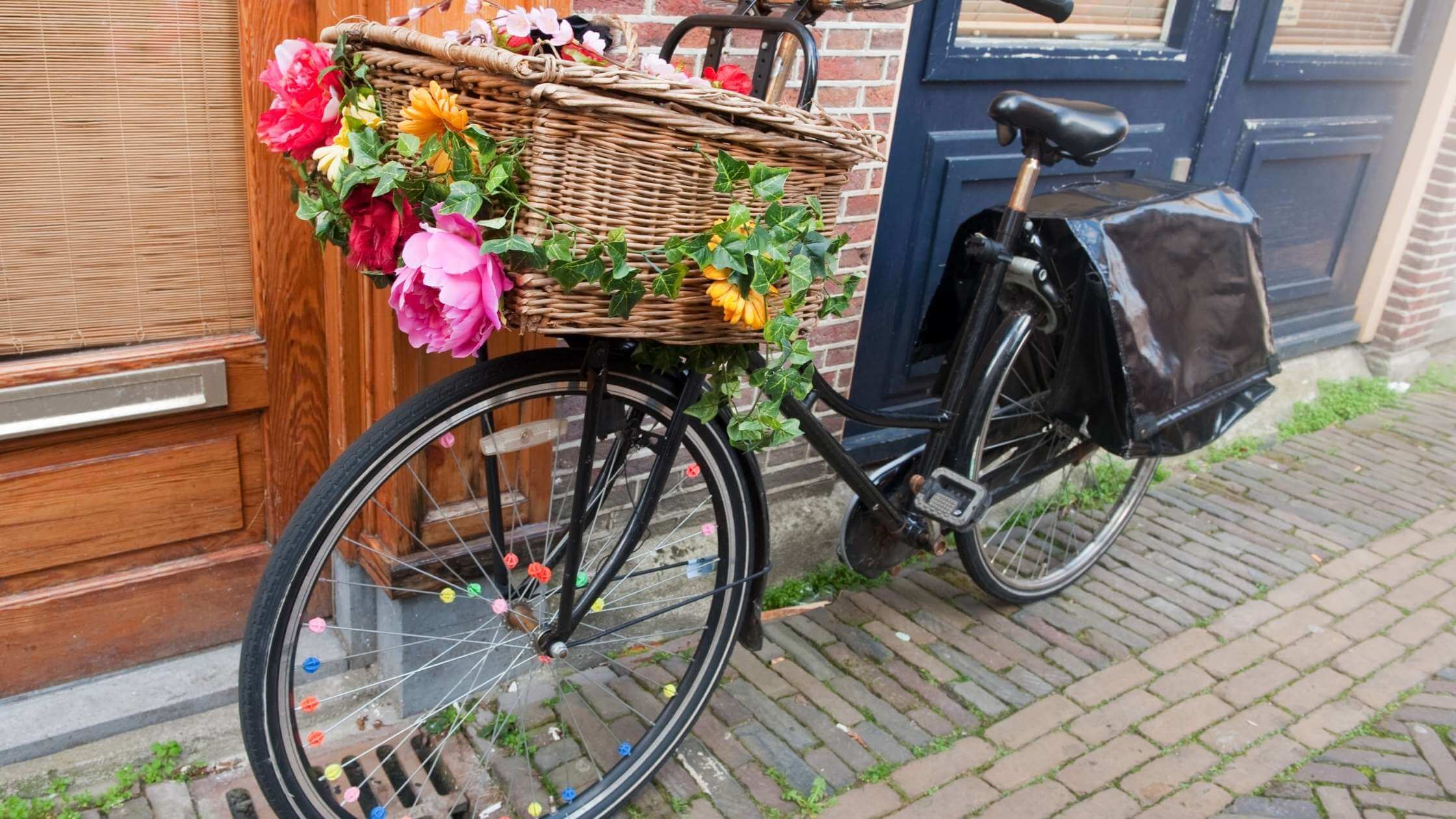Many of you who read my blog know that I’ve spent a large part of the past three years living in a small handful of countries in Western Europe, partially in search of unicorns, but also because people on the streets sound smarter when I don’t understand them. I’ve had the chance to travel to an additional ~15 countries during that time, largely within the continent as well. Clearly I’ve been an absolute star at helping the American economy recover. You’re welcome.
What I have been fantastic at has been discovering the nuanced differences between the various cultures that I’ve lived in. A story that tells the tale best: I traveled to Spain in late 2011 with a German friend during a week break from classes. We arrived in Sevilla, and the bus into the city was about 45 minutes late. My German companion was having a panic attack. Everyone around us seemed happy to see that things were going right on schedule. I just enjoyed watching the world burn.
I also had the chance to learn a lot about food culture. Admittedly, when I went for a semester to Spain (which I did on a complete whim, not because I was infatuated with the idea of Antonio Banderas riding up to me on horseback with a glass of wine in hand) I didn’t learn a ton, because I lived with a sweet old Spanish grandmother who cooked. All. The. Time.
Semester abroad round two in the Netherlands was more about tall men riding ancient bikes, if we’re going to run with a theme here. The Dutch aren’t exactly known for their culinary culture, but I did do all of my grocery shopping, which I realized was the quickest way for me to learn that I don’t know a language as well as I thought I did. One of the things I noticed quickly about the Netherlands is that when people did their grocery shopping (and this was largely in a student city), they bought what they needed for that day and maybe the day after. And a few beers. The point is, grocery trips rarely totaled to more than $20 at a time, and there was virtually no food waste. Of course, the downside to this was needing to do grocery shopping more than once per week. But the Dutch are notorious for being rather frugal, and this style of shopping allows for virtually no waste, since there’s no time for the food to go bad before being consumed.
Also, it’s hard to carry a week’s worth of groceries by bike. This is coming from the girl who once biked home uphill with a 12lb turkey and a full Thanksgiving dinner.
I spent the last year living in Sweden and in Germany, because men in thick winter coats and driving at the speed of light are amazing, and that wasn’t much different than the Netherlands. In both places, I got my grocery shopping down to about once a week, but I wasn’t trucking home the 10 bags of groceries that are so typical in the US. Additionally, fresh produce in Germany (and the Netherlands) was exponentially cheaper than it is here in the US. I wish I could say the same for Sweden, but it only took me about five minutes to realize that the globally-recognized utopia that is Scandinavia is sharply countered by its prices.
In my experience, food waste is not nearly as much of an issue in Europe as it is in the US, and I don’t even think that stems from my grandmother’s favorite guilt trip: “finish your dinner! There are starving children in Europe!” Rather, it seems to come from a different approach towards food entirely. Many of you who have traveled overseas will have noticed how much smaller portion sizes are outside of the United States – much of the food that is wasted in the US is leftover food from enormous portions for small groups of people. It is easier to plan a night or two of dinners at a time, rather than a week or two, particularly because supermarkets overseas are virtually never as large as our commonplace suburban megastores. Most families don’t have a huge car that allows for enormous loads of groceries. Additionally, many countries have directives in place already to help combat food waste, such as the green compost cans next to recycling bins in Germany and the Stop Spild af Mad campaign in Denmark.
It’s also just really hard to buy enough food to waste when you have to bring it home by bicycle.



